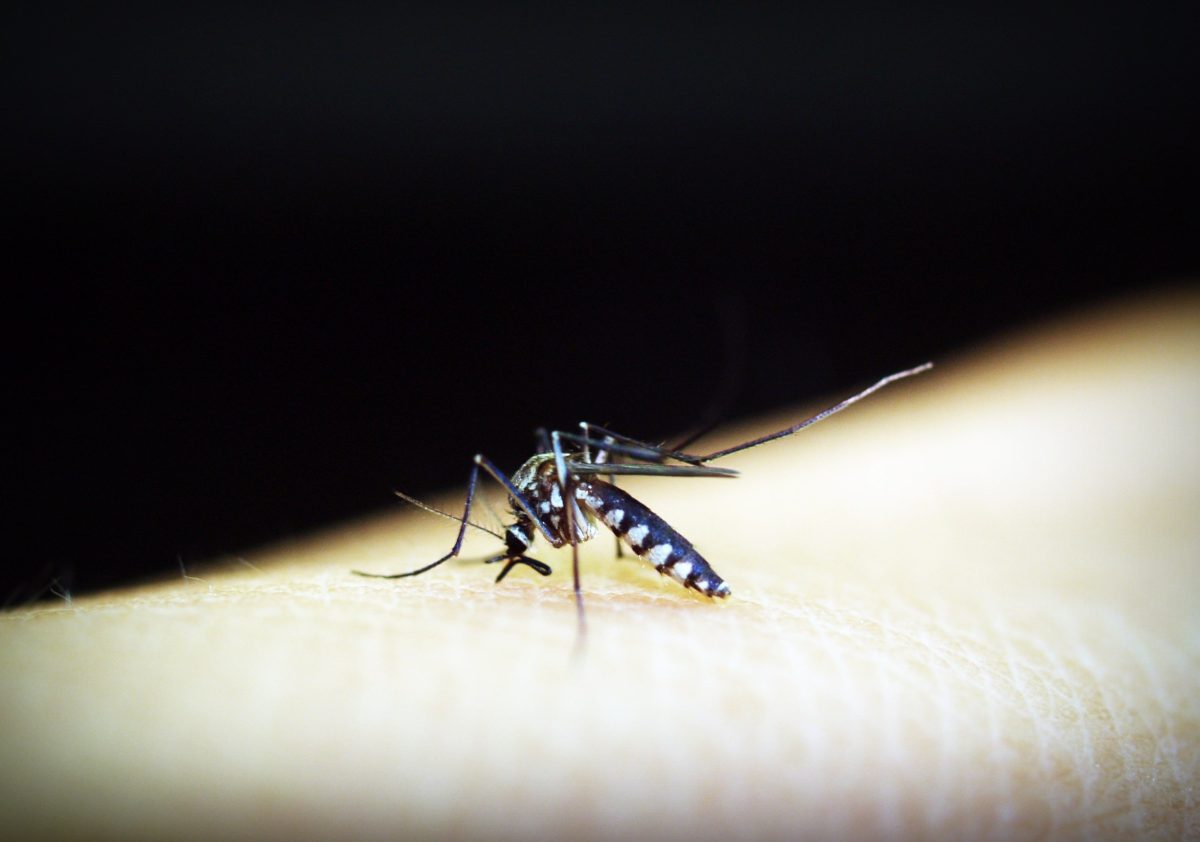By Begoña Pérez-Cabezas, ICBAS
PORTO - Malaria is a disease caused by the parasite Plasmodiumwhich is transmitted by the bite of infected Anophelesmosquitoes. Although it is preventable and usually treatable, there were an estimated 247 million cases of malaria and 619000 malaria deaths worldwide in 2021. The most affected continent was Africa, with 95% of malaria world cases and 96% of malaria deaths. Children under 5 years of age accounted for about 80% of all malaria deaths in this continent. The disease also has consequences for economy, education, and equity, impairing the development of the affected communities.
Although there is a vaccine against malaria approved and being implemented, its efficacy is modest and short-lived. Moreover, resistance to antimalarial drugs has been confirmed in some of the parasite species. So, vector-control tools are crucial to prevent infection and to reduce disease transmission. To act at the vector level, it is essential to understand the ecology of the Anopheles mosquitoes and the environmental conditions that contribute to the spread of these mosquito species and, consequently, of the disease. Increase population’s literacy on this topic is also essential to enhance prevention.
Core interventions against the mosquito are insecticide-treated nets and indoor residual spraying. However, resistance to insecticides among Anopheles mosquitoes has also been emerging. Other threats of these control measures are limited access, loss of nets due to day-to-day life damages, and changing behaviour of mosquitoes, which appear to be biting early before people go to bed. Warming temperatures related with climate change are also moving mosquitoes to higher elevations and away from the Equator. This expands malaria’s range, which can be devastating for countries unprepared to manage with the disease.
One Health is essential to deal with vector-borne diseases like malaria. In order to address the challenges of malaria prevention, the approach has to be supported by multiple stakeholders and to integrate the communities. Improving surveillance methods and information sharing will be key to ensure early detection (drug and insecticide resistance, mosquito presence, changes on behaviour) and to adapt prevention and treatment policies.
Image credits: Pixabay



